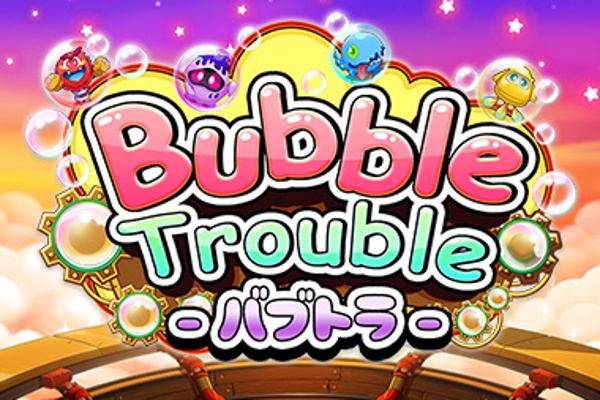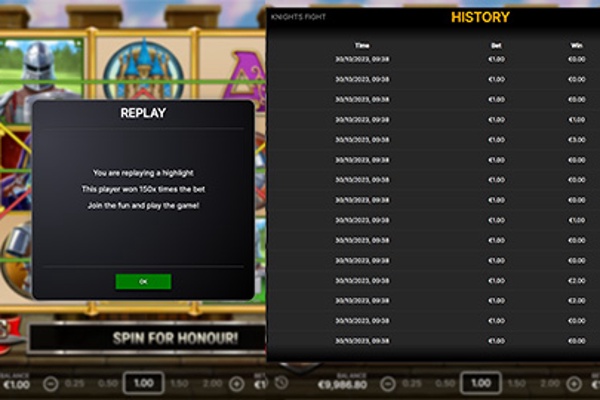The popularity of gaming continues to grow in Japan, offering a significant opportunity for gaming companies that strive to provide products that meet the highly specific needs of the Japanese market.
Culture is one reason gambling is so popular among Japanese — and enthusiasm for gambling is also well-documented historically. Researchers are convinced that gambling in Japan dates back to the 8th century, long before the opening of the first European casinos. Emperor Tenmu enjoyed playing a game called ban-sugoroku — the game involved dice and was similar to backgammon.
A number of other games were developed during the Meiji period (1862-1912), including the lottery (takarakuji), fukiya (form of darts), shogi (a board game), hanafuda (a card game). Although gambling and related activities are not allowed in Japan, there are a few notable exceptions, including pachinko, horse racing, cycling, motorboat, motorcycle racing, and the lottery.



